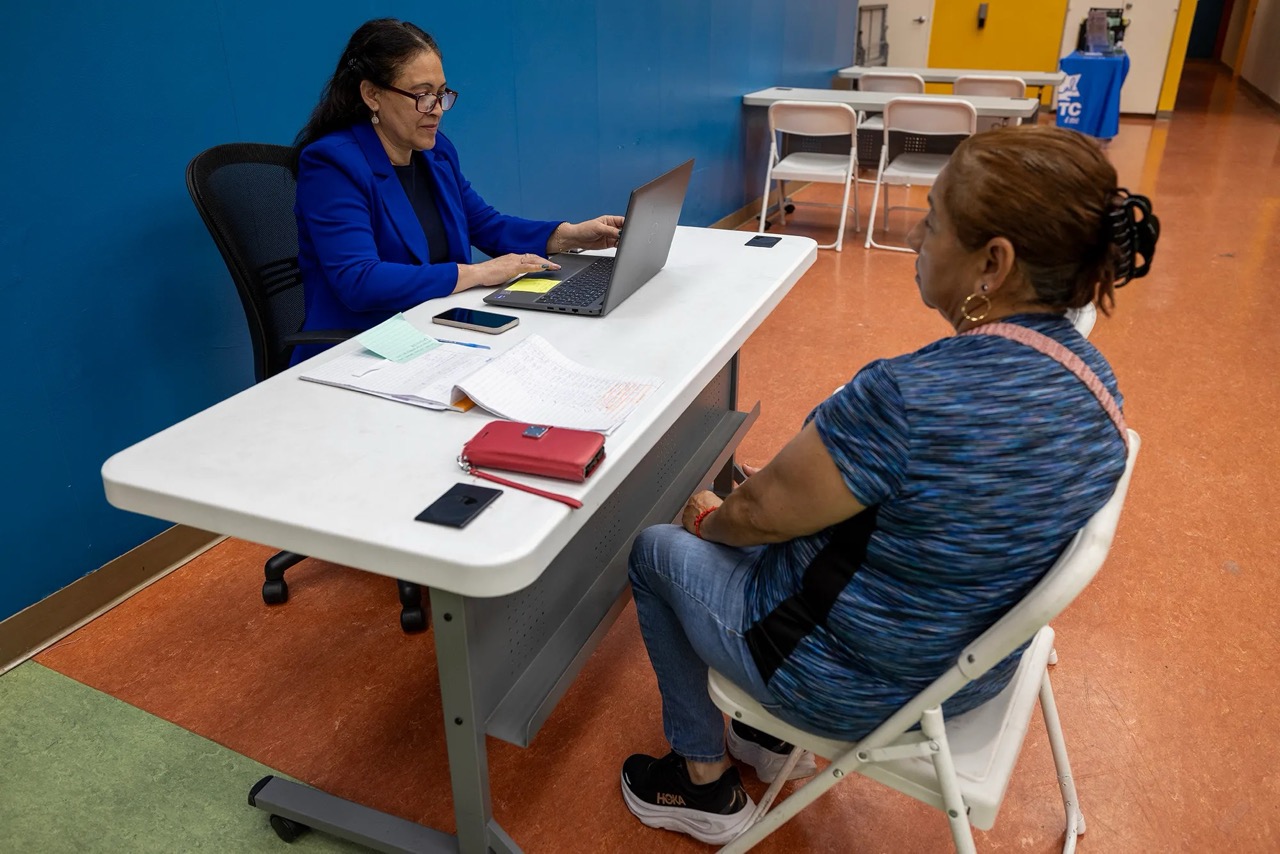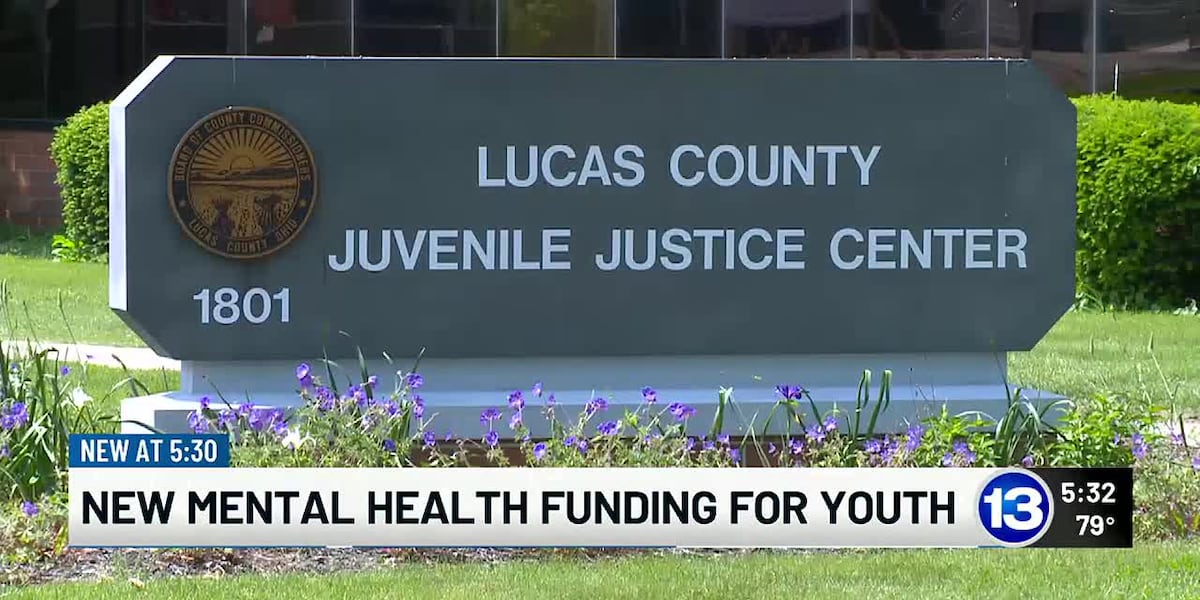Philippines Grapples with HIV Surge: Health Emergency Declared Amid Rising Infections, Especially Among Youth

Philippines Declares HIV Health Emergency as Cases Skyrocket
The Philippines is facing a serious public health crisis as HIV infections continue to surge, prompting health authorities to declare a looming “public health emergency.” The alarming rise, particularly among young men, has triggered urgent calls for increased awareness, prevention measures, and accessible treatment options. This declaration underscores the severity of the situation and the need for immediate and coordinated action to curb the spread of the virus.
A Concerning Trend: Rising Infections and Vulnerable Youth
Recent data reveals a significant increase in HIV cases throughout the year. While specific numbers are still being finalized, health officials have confirmed a substantial uptick compared to previous years. What's particularly concerning is the disproportionate impact on young men – those aged 15-34 – who account for the majority of new infections. This demographic vulnerability is attributed to factors such as risky sexual behaviors, limited access to information, and stigma surrounding HIV.
“We are witnessing a worrying trend that demands immediate attention,” stated Dr. [Insert Fictional Name/Official Title, e.g., Dr. Maria Santos, Director of the Philippine HIV/AIDS Prevention Program]. “The increase in infections, especially among our youth, poses a significant threat to public health and requires a comprehensive and collaborative response.”
Understanding the Drivers: Why the Surge?
Several factors are believed to be contributing to the surge in HIV cases. These include:
- Reduced Safe Sex Practices: A decline in consistent condom use, particularly among young people, is a major concern.
- Lack of Awareness: Insufficient public awareness campaigns and limited access to accurate information about HIV transmission and prevention remain a challenge.
- Stigma and Discrimination: Stigma surrounding HIV continues to deter individuals from getting tested and seeking treatment, hindering early diagnosis and intervention.
- Limited Access to Testing and Treatment: While the Philippines has made strides in providing antiretroviral therapy (ART), accessibility remains a barrier for many, particularly in rural areas.
The Emergency Response: What's Being Done?
The declaration of a public health emergency signals a shift towards intensified efforts to combat the HIV epidemic. Key initiatives are expected to include:
- Expanded Testing and Screening: Increasing the availability of HIV testing services, particularly in high-risk areas and among young people.
- Targeted Prevention Campaigns: Launching focused awareness campaigns tailored to specific demographics, emphasizing safe sex practices and harm reduction strategies.
- Improved Access to Treatment: Ensuring that ART is readily available and accessible to all individuals living with HIV.
- Community Engagement: Working closely with community-based organizations and support groups to address stigma, promote testing, and provide support to people living with HIV.
- Strengthening Surveillance Systems: Improving data collection and analysis to better understand the trends and patterns of HIV transmission.
Looking Ahead: A Collective Responsibility
Addressing the HIV epidemic in the Philippines requires a concerted effort from government agencies, healthcare professionals, community organizations, and individuals. Increased investment in prevention programs, improved access to testing and treatment, and a reduction in stigma are crucial to curbing the spread of HIV and protecting the health and well-being of the Filipino people. The time for action is now, to avert a full-blown health crisis and ensure a healthier future for all.






